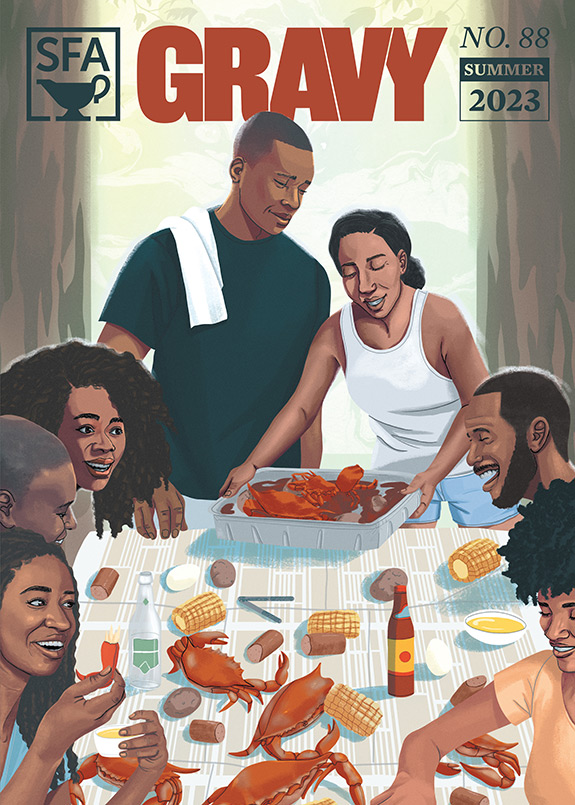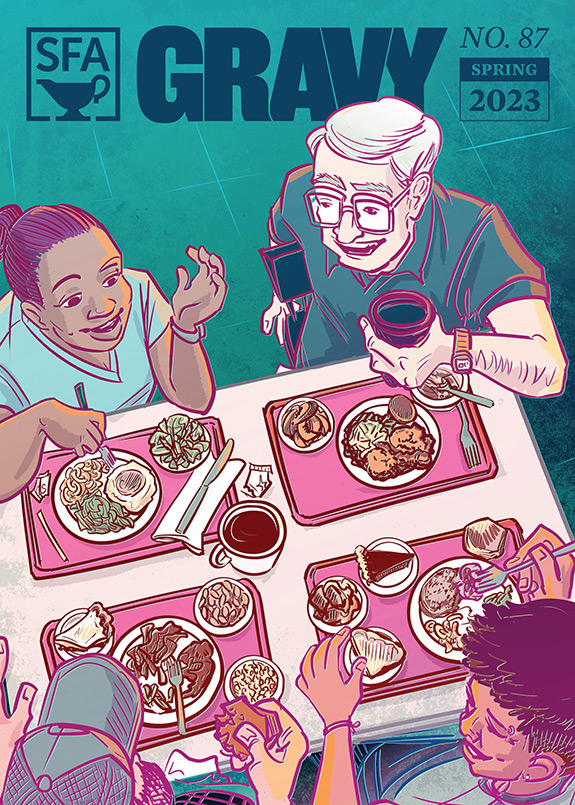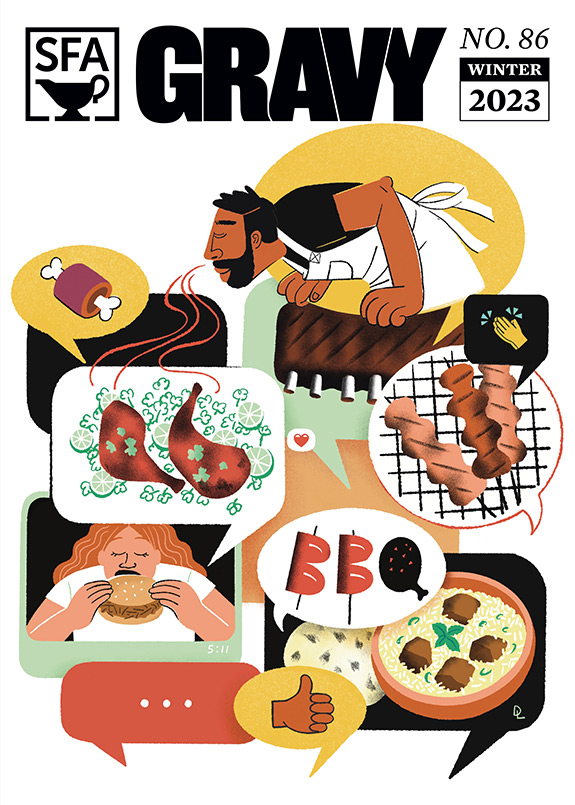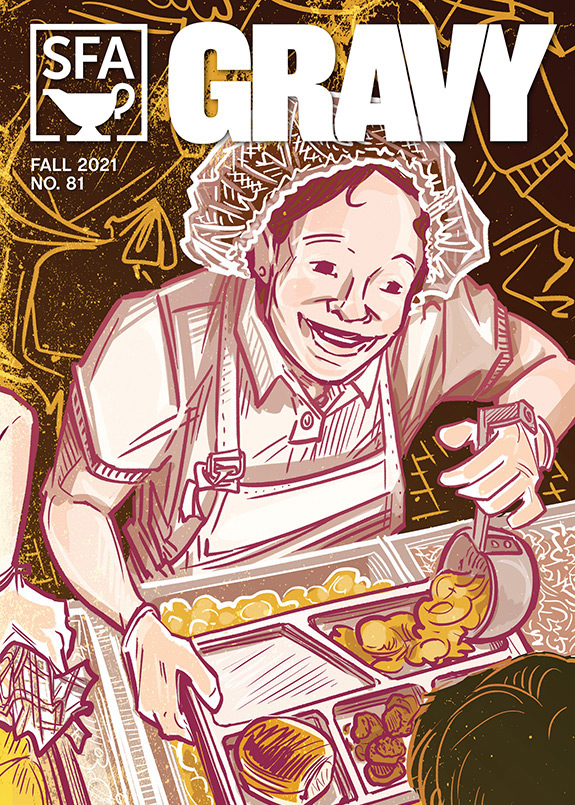The SFA mission statement was already drafted by the time I joined the team back in the fall of 2013. But it didn’t take me long to realize the convenience of having it memorized: “We document, study, and celebrate the diverse food cultures of the changing American South.” It sums up what we do for even the most unfamiliar listener.
What it doesn’t mention, though, is that between filming, writing, talking, and planning symposia about those diverse food cultures, we also pay close attention to what others are writing, saying, showing, and celebrating about them, and about Southern food in general.
Today this article caught my attention because it directly address how we, and others in our line of work, do what we do. How do we talk about the foods of communities of which we, as individuals, do not really form a part?
In a region that has been diverse for centuries, we still grapple daily with the tension between appreciation and appropriation. And as the author, Lavanya Ramanathan points out, that tension shows up even in the most basic terminology we employ.
Regarding the phrase “ethnic food,” Ramanathan explains:
It’s not the phrase itself, really. It’s the way it’s applied: selectively, to cuisines that seem the most foreign, often cooked by people with the brownest skin.
Read the whole article here. Then consider editing your adjectives for the foods of the South’s diverse cultures.








